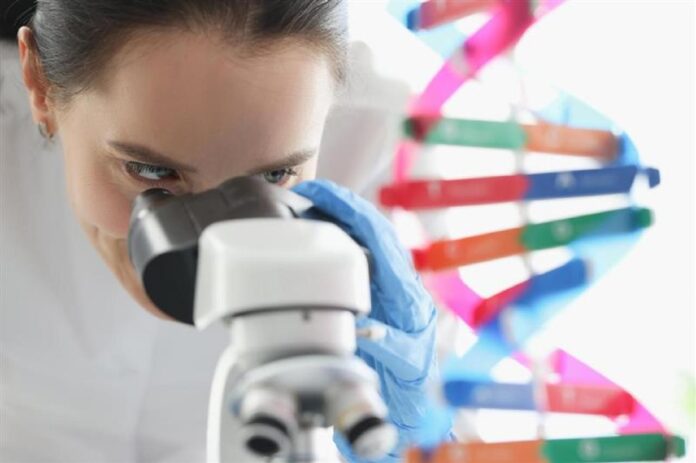Researchers at the University of Wyoming have shown that tardigrade proteins can decrease the activity of human cells. This finding suggests that these proteins could be helpful in technologies aimed at delaying aging and storing human cells for a long time.
The study examines how tardigrades adapt to harsh environments and transition between stages of suspended animation. It is headed by Senior Research Scientist Silvia Sanchez-Martinez and carried out in association with the lab of Assistant Professor Thomas Boothby in the Department of Molecular Biology at the University of Washington.
Water bears, or tardigrades, are tiny organisms measuring less than half a millimeter. They can withstand extreme temperatures close to absolute zero, complete dehydration, high heat, radiation, and even a space vacuum.
They achieve this by entering a state of suspended animation called biostasis, using particular proteins that form gels inside their cells to slow down life processes. This research was led by UW and involved researchers from various institutions worldwide.
Sanchez-Martinez said, “Amazingly, when we introduce these proteins into human cells, they gel and slow metabolism, just like in tardigrades. Furthermore, just like tardigrades, when you put human cells with these proteins into biostasis, they become more resistant to stresses, conferring some of the tardigrades’ abilities to the human cells.”
According to the findings, the process is reversible: human cells return to normal, and tardigrade gels dissolve when the stress is removed. This discovery opens doors for technologies that slow aging and improve cell storage. Earlier studies by Boothby’s team showed that tardigrade proteins can stabilize medicines without refrigeration.
Because tardigrades are unlike other organisms that can go into suspended animation, researchers have been fascinated by their extraordinary survival capacity.
UW researchers show that tardigrade proteins can change how human cells work. This discovery could lead to new medical treatments and help us learn how cells function.
Journal reference:
- S. Sanchez-Martinez, K. Nguyen, et al., Labile assembly of a tardigrade protein induces biostasis. Protein Science. DOI:10.1002/pro.4941.
